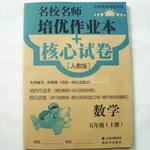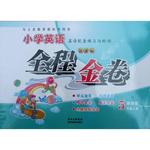题目内容
To celebrate the end of our exams, my friends and I went to a fast food restaurant. We ordered hamburgers and Coca Cola at the counter. When our food came, I started walking towards an empty table. By bad luck, my purse strap (带子) got caught on a chair and the tray (托盘) that I was holding slipped from my hands and went flying in the air. The tray, and its contents, fell on a man who was just about to take a bite of his sandwich. I stared, greatly shocked , as the drinks soaked (浸湿) his white shirt.
Then I closed my eyes and prepared myself for his burst of anger. Instead, he said “It's OK” to comfort me before he disappeared into the washroom.
Still shaky and unsure what to do next, my friends and I went to a table and sat there, trying our best to look calm. A moment later, the man came out of the washroom and approached our table. My heart almost stopped beating. I thought he was going to ask for my father' s number and call him. To my surprise, he merely smiled at us, handed us some cash and said, “Buy yourself new hamburgers.” He then walked away without even finishing his food.
He could have made what was already an uncomfortable situation worse, but he chose a different way and gave us a reason to believe that there is still kindness in this world. I'll never forget his actions.
1.What happened to the author in the restaurant?
A. She fell down to the ground.
B. She celebrated passing the exams.
C. Her purse strap got broken suddenly.
D. Her tray slipped and made a man's shirt dirty.
2.What do we know about the man?
A. He was very rich.
B. He was kind and forgiving.
C. He made the situation worse.
D. He enjoyed his food in the restaurant.
3.How did the author feel about the whole incident?
A. Angry. B. Calm.
C. Moved. D. Regretful.
 名校名师培优作业本加核心试卷系列答案
名校名师培优作业本加核心试卷系列答案 全程金卷系列答案
全程金卷系列答案
